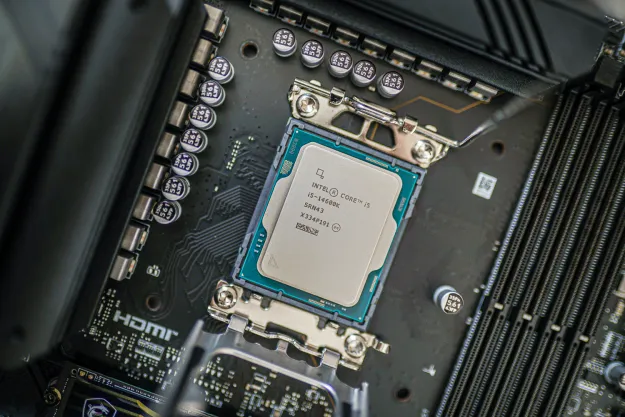
Everybody knows that Web and Internet technology evolves quickly—no sooner does a game-changing idea roll out than the next game-changing idea enters beta. However, The World Wide Web Consortium’s (W3C’s) working group and consensus-driven process towards developing standards has often been a source of frustration for developers and innovators—and the decade-long gap between HTML 4 and HTML5 is just one example. The W3C is looking to change that, and today officially launched its W3C Community groups in an effort to both diversity participation in the standards process and speed things along. Anyone can propose a group, and there are no fees for anyone to participate in Community Groups. And, unlike the W3Cs big formal working groups, Community Groups can largely decide for themselves how they want to operate.
“Innovation and standardization build on each other,” said W3C CEO Jeff Jaffe, in a statement. “As the pace of innovation accelerates and more industries embrace W3C’s Open Web Platform, Community Groups will accelerate incorporation of innovative technologies into the Web.”
The Community Groups essentially enable anyone with an interest in a particular Web technology—whether that be a high-end hardware designer at a huge company to a mobile app developer in his or her parents’ basement—to propose ideas and get quick feedback from the broader W3C community. The Community Groups also enable interested parties to quickly get their two cents’ in on key discussions without having to jump through hoops or be a paid W3C member.
“W3C is now open for crowd-sourcing the development of Web technology,” said W3C Community Development Lead Harry Halpin.
Alongside Community Groups, the W3C is also launching Business Groups: same basic idea, but focused on providing a vendor-neutral forum for market- or industry-specific technologies.
The first eight Community Groups focus on topics like XML performance, Web payments, semantic news, web payments, and the “Colloquial Web”—real-world existing practices amongst Web developers. The first Business Group focuses on applying semantic Web technology to the petrochemical industry.
Jeff Jaffe took over the CEO role at the W3C last year, with an eye towards streamlining the standards-creation process. Previously, Jaffe was CTO at Novell.


